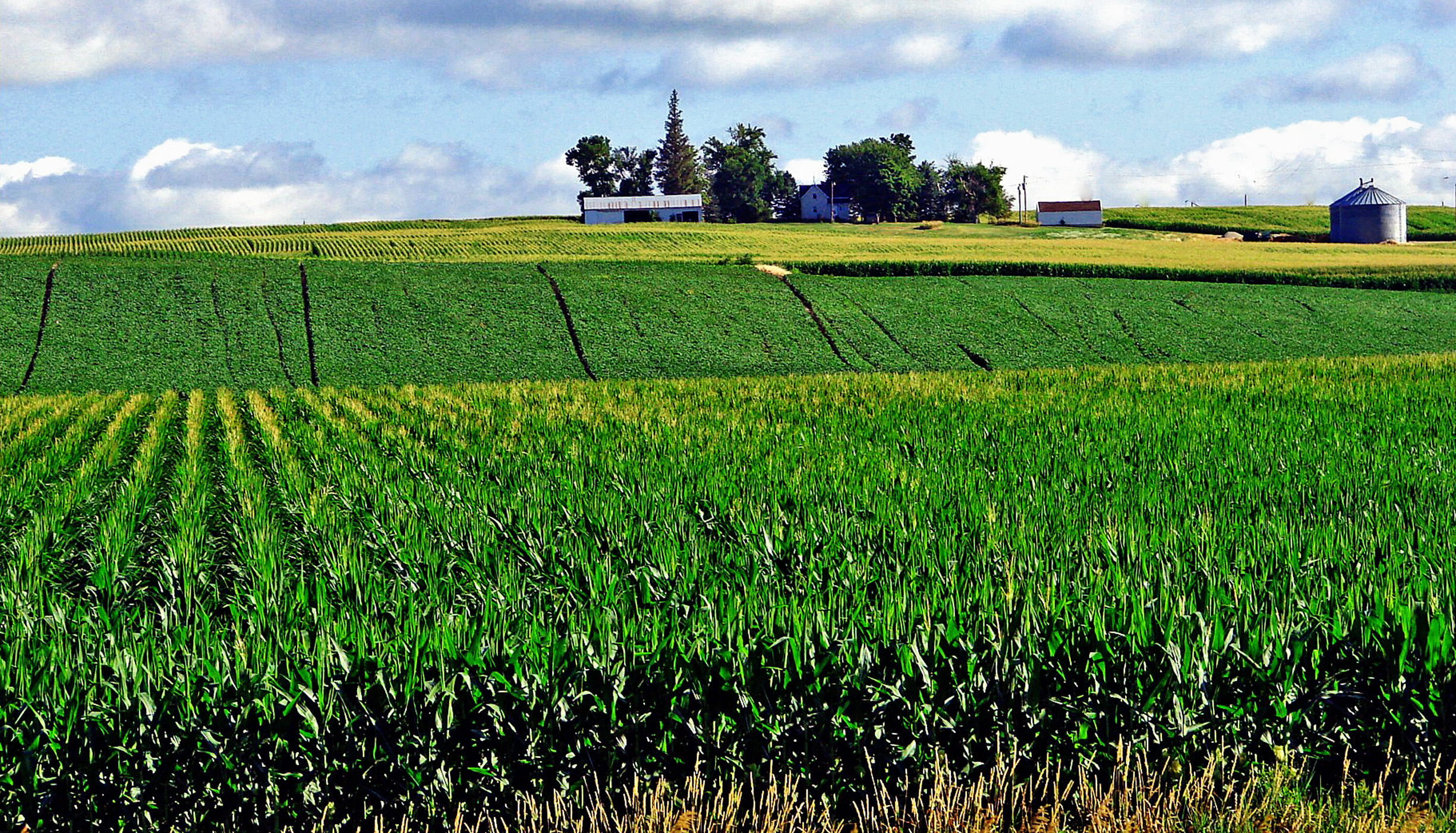Commodity prices are a critical driver of farmland values. The prices of crops like corn and soybeans directly influence farm profitability, which in turn shapes demand for farmland. This close connection makes commodity prices one of the most important factors to monitor for anyone looking to buy or sell agricultural land.
The Direct Link Between Commodity Prices and Land Value
When commodity prices rise, farm incomes typically increase, enabling farmers to invest more in expanding their operations. This heightened demand for land often leads to higher farmland values. According to Investopedia, strong commodity markets often result in more aggressive bidding for farmland as farmers and investors seek to capitalize on higher crop revenues.
Conversely, falling commodity prices can lower farm incomes and reduce the ability or willingness of farmers to purchase additional land. This decline in demand can lead to a slowdown in land value growth or even a slight decrease, depending on market conditions.
Historical Trends in Commodity Prices and Farmland Values
Historically, commodity price trends have closely mirrored farmland value changes. For example, during periods of strong corn and soybean prices, such as the early 2010s, farmland prices saw record highs. As USDA data illustrates, periods of high crop prices correlate with increases in farmland value, as farmers compete for land to maximize production.
However, during downturns in commodity prices, such as the mid-2010s, farmland values softened as farm revenues decreased. This cyclical nature underscores how dependent farmland values are on the health of commodity markets.
Regional Variations in Commodity Price Impact
The impact of commodity prices on farmland values can vary by region, depending on the primary crops grown in an area. In the Midwest, where corn and soybean production dominate, fluctuations in those commodity prices have a particularly strong influence on land values. As noted by Purdue University, areas heavily reliant on a single commodity often experience more pronounced effects when prices rise or fall.
Why Commodity Prices Matter to Sellers and Buyers
For sellers, understanding the current state of commodity prices is essential for timing the sale of farmland to maximize returns. A strong commodity market may create more competition among buyers, driving up the value of the land. For buyers, monitoring commodity prices is critical to evaluating whether farmland is a profitable investment based on its earning potential.
Conclusion
The relationship between commodity prices and farmland values is undeniable. Monitoring commodity market trends provides valuable insights into the potential future of farmland prices, making it an essential factor for both buyers and sellers.
At Whitaker Marketing Group, we help clients navigate the farmland market with a deep understanding of how commodity prices influence land values. Contact us today to learn more about how we can assist you in buying or selling farmland.
